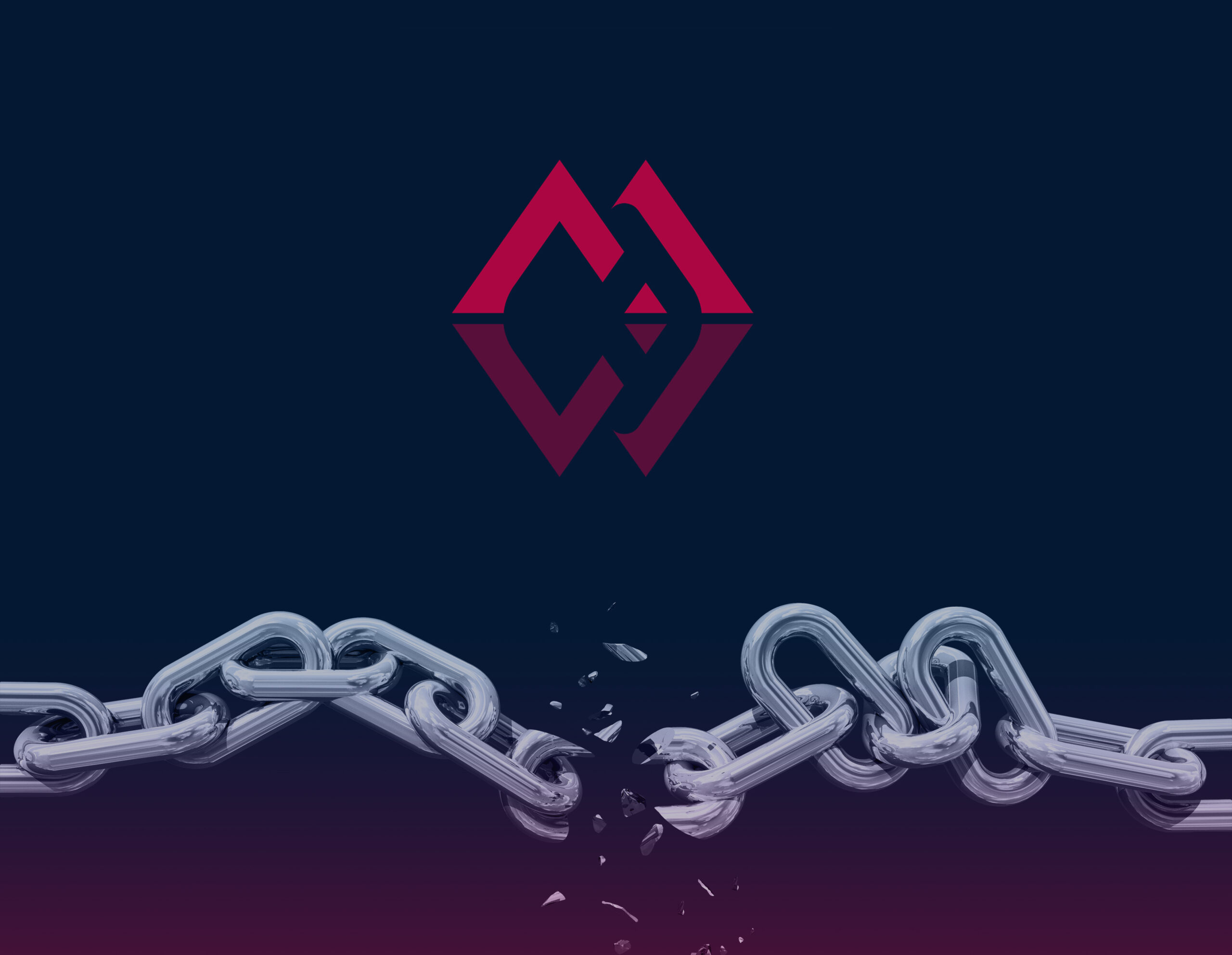
What is a crisis in the 21st Century?
The word ‘crisis’ is no longer confined to macro-scale disasters.

In the past, when people speak of crises they would typically talk about cataclysmic events on a large and dangerous scale, such as natural disasters or global economic downturn.
However, in the 21st Century, rapidly changing societies have facilitated the introduction of a plethora of new, unprecedented challenges that can be disastrous on both a macro and micro scale.
The meaning of crisis is no longer confined to large-scale disasters or catastrophes, but also to perceivably less significant issues, such as mental health issues or family disputes – however, they are all equally important and require effective, immediate action.
What does crisis mean?
A crisis can be defined as a period of increased difficulty or danger. However, whilst typically associated with adverse macro events, this definition can be applied to many situations on varying scales, so it is important to understand what defines a genuine crisis.
Complexity, firstly, is a defining trait of modern-day crisis. Due to the new and unpredictable nature of contemporary issues, a crisis retains an element of complexity that requires a nuanced understanding of the issue, which is why many people often suffer crises alone as they believe no one can understand or help. The rise of crisis management services supports this, as they offer targeted solutions that cannot be obtained without professional support.
Urgency is also a characteristic of a crisis in the 21st Century. When in crisis, time management is key to preventing further damage – every minute spent searching for a professional or deciding what to do can have an adverse effect on mitigation. This is why, in the 21st Century, crisis managers are vital to both personal and business crisis prevention, as they can respond rapidly and capably.
What constitutes a crisis in the 21st Century?
Complexity and urgency can be applied to many issues, but it is important to understand what constitutes a crisis so it can be identified and managed.
Despite the widened interpretation of crisis, it still applies to large-scale disasters, such as earthquakes or tsunamis. There is also now greater visibility for humanitarian crises that were not necessarily highlighted pre-globalisation, such as the European refugee crisis. These would be considered macro-level crises, as they pose a threat to the collective and require governmental action, rather than from personal crisis management services.
These services become necessary on a smaller scale, such as when a business or individual is threatened.
For businesses, crisis management in the 21st Century is vital towards both corporate reputation and commercial continuity. With scrutiny and transparency greater than ever, businesses are threatened with a multitude of potential dangers, such as negative reviews, PR disasters, and corporate scandals. These issues can be devastating for a company’s survival and must be treated with as much concern and attention as any other macro-scale crisis.
Similarly, crises are just as harmful for individuals as they are for businesses. Personal crises can be classed as anything that compromises the safety of an individual and/or their family, such as accusation, libel, dispute, mental health issues, or financial jeopardy. These issues can have a devastating impact and must be handled with care and concern to prevent the crisis from having wider and graver repercussions.
The word crisis, therefore, has taken on such a meaning that they are common and can transpire at any time or place. With many new dangers and threats arising every day, it is not an opinion that crisis will occur, it is a certainty. Therefore, the prevalence of crisis management services and the role they play in protecting their clients is imperative to remaining free from external hostilities. Not only does this allow the client to focus on the important things in life, such as their family and friends, but it also allows them to perform in their workplace to the best of their ability, thus benefiting themselves financially and their employers through productivity. As modern society continues to change and grow and more unprecedented dangers arise, crisis managers will become an essential part of business practice and everyday life.